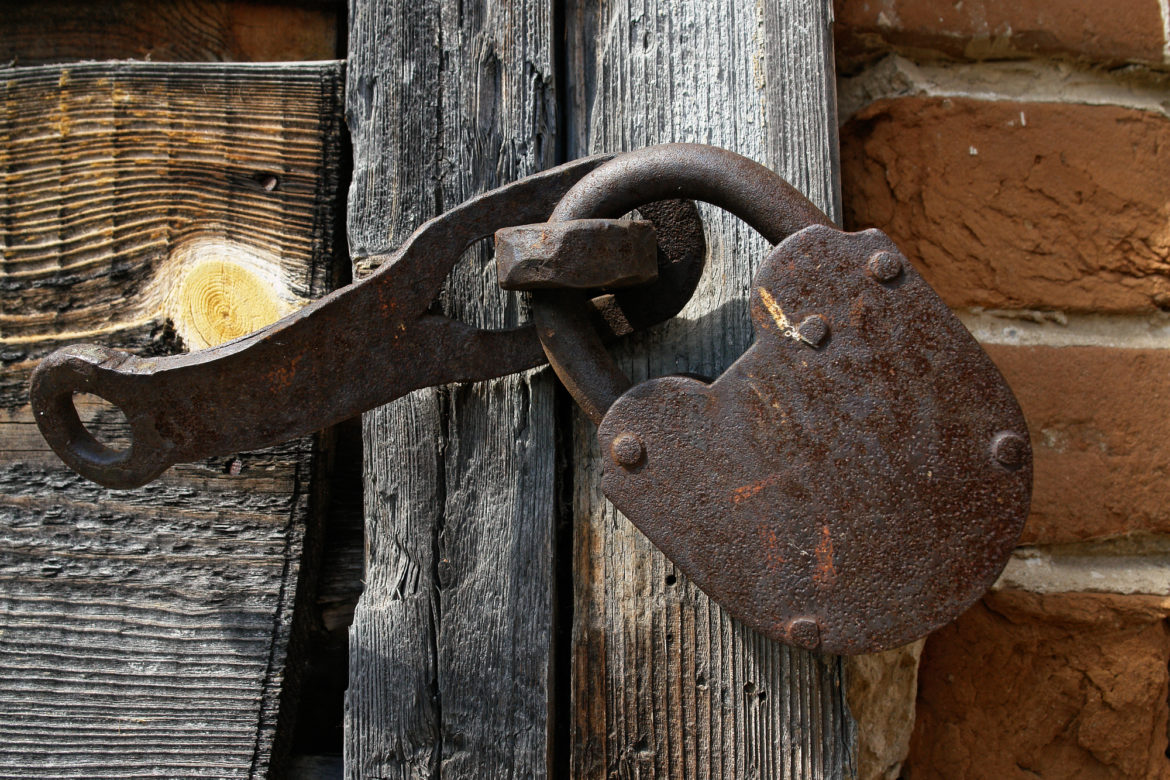Rejection may be unavoidable, but there are some ways to help lessen the blow.
Joyful reunions have become a television staple. Less frequently told are the stories of the unsuccessful searches and unhappy reunions. Adoptees, donor-conceived people, and NPEs (not parent expected) risk being spurned when they reach out to biological family members, and rejection may cause significant distress. We asked Lisa Bahar, a licensed marriage and family therapist and licensed professional clinical counselor in Newport Beach, California, about how rejection may influence and interfere with interpersonal relationships, how individuals can help soothe themselves, and how therapy might help.
Other rejections in life may be fleeting, but being rejected by birth family during or after a search and reunion may last a lifetime and be something individuals may replay over time. Can repeatedly reliving this rejection be debilitating?
Yes. If individuals ruminate and fixate on the thought of rejection, they may find they’re setting themselves for up interpersonal interactions that fall in line with their core belief that they are rejected and will be rejected. On the other hand, in a therapeutic environment or process, it may be a way to work through rejection and explore it for the purpose of gaining acceptance of self.
Can you comment about how anticipating rejection affects individuals?
It can produce general anxiety symptoms, depression, feelings of disconnect, and fear of intimacy. Anxiety is a symptom of avoiding the discomfort of deep emotional pain that has not been worked through.
How might this type of rejection affect other relationships?
Fear of getting hurt can set up you up for hurting others before they hurt you—a conflicted desire to get close, but then pushing away, rejecting other people’s love due to not feeling comfortable being loved. Sometimes it’s easier to be rejected. It’s known and familiar. A running theme in intimate relationships is looking to someone to accept you, and that may and most likely will turn into deep need, which can manifest in rage-like behavior when you’re left or not reassured that the person will return.
How might rejection affect an individual’s sense of belonging and how might they re-establish feelings of belonging?
Belonging would be about feeling accepted and willing to take a chance to make efforts to belong. It takes a lot of courage to work through the feelings of rejection. Learning how to let go of people is a significant step toward being accepted and belonging. Practicing that sense of freedom helps with interpersonal relationships and lets you create a connection that’s healthier and more fulfilling versus controlling, demanding, insisting, or guilting people into having you feel like you belong, which ironically sets up the cycle to be rejected.
Studies about rejection, though not specifically this type of rejection, often suggest that a way to counteract the effects of social rejection is to seek healthy positive relationships with friends and family. When family is the problem, and friends may not understand, this may not be a very fruitful solution for some. Do you have any other suggestions for how people can work through this pain?
I would say try professional therapy relationships versus friends and family. It seems reasonable to turn to family and friends, however, starting with a therapist or maybe a trusted religion or spiritual practitioner may be a more effective alternative. Friends and family are well meaning, but they may not understand the depths of the disconnect that is at the core of the trauma of being rejected.
What other strategies may be helpful for coping with rejection?
Be willing to address it by noticing when you are feeling rejected. Set up a self-soothing kit that will calm your mind when you feel rejected, for example, warm clothing, soothing refreshment (not mood altering), sensory experiences that are comforting to the 5 senses to help you feel more connected to life. Creating a sensory experience might involve putting in your room flowers or a painting or work of art that’s pleasing to the eye, candles or atmospheric lighting, comforters that are attractive and warm, and bed linens that feel nice. It might mean having hot tea or another warm and soothing beverage for taste. For sound, it might mean playing music that’s calming, versus thoughtful or stimulating. Put together a list of books that will help you improve your feelings of acceptance, such as loving kindness or spiritual books. Learn about imagery so you can envision a place when you are feeling rejected. The comfort of a pet may help. If your pet appreciates being petted, you benefit and the pet does too. Practicing a loving kindness and compassion practice can help calm the mind. You remind yourself that you are safe, you are content, you are accepted. When practiced regularly, it trains the mind to accept yourself versus the negative negative self-talk. The mind is powerful and will accept what you tell it if you practice.
If therapy can be helpful, what type of therapy may be particularly useful?
Depending on the severity, most likely psychodynamic therapy will work with severe symptoms of abandonment. Object Relations and Gestalt therapies can be helpful. Psychodynamic therapy is a form of treatment that explores how an individual experiences symptoms of distress based on what is unconscious, and therapists work with clients to bring the unconsciousness into the conscious. This is important when working through jealousy due to the abandonment and the fear of rejection associated with this. This therapy focuses on childhood experiences as a way to understand current symptoms that are seemingly unhealthy. For example, a child rejected by his mother may set up an experience of rejection from others or even go so far as to reject his mate before she rejects him to avoid the discomfort of jealousy. And since many of these individuals have experienced trauma, EMDR and other trauma-informed therapies might also be helpful.
As noted previously, while some rejections in life may be fleeting, rejection by birth family during or after a search and reunion is lifelong, unchanging, and something the person likely will always think about. How might this kind of rejection be expected to affect individuals? In what ways might social pain arising from rejection affect one’s health and wellbeing in such chronic situations?
I have had clients experience this. Rejection is a trauma and it deserves to be worked through. Therapy is essential, and the desire to find some kind of meaning from the experience would be the goal. Existential therapies can be helpful for this experience. Existential therapies look for meaning and purpose—why you are here. They also look at anxiety as an opportunity to be creative and face fears to create new experiences. Anxiety is seen as a launch to new beginnings.
Is there a way to brace for rejection that’s helpful—maybe some means of managing expectations?
Learn to practice a willingness to turn your mind toward accepting that rejection is related to further acceptance of self. If you can love and accept yourself in whatever method you choose, then you will be equipped to deal with others who may reject you. The reality is, rejection is part of being in the world, and the key is not to try and avoid it, but rather to see it as an opportunity to explore parts of yourself you want to accept, change parts that don’t fit with your meaning and life purpose, and discover ways to be gentle with yourself when this inevitable experience occurs. Someone one told me, “If everyone likes you, you have a problem.”
Lisa Bahar is licensed marriage and family therapist and licensed professional clinical counselor. She specializes in dialectical behavior therapy (DBT) and provides psychotherapy to individuals, couples, and families. She’s an adjunct faculty member at Pepperdine University’s Graduate School of Education and Psychology Master of Arts in Clinical Psychology program with an emphasis in Marriage and Family Therapy.


